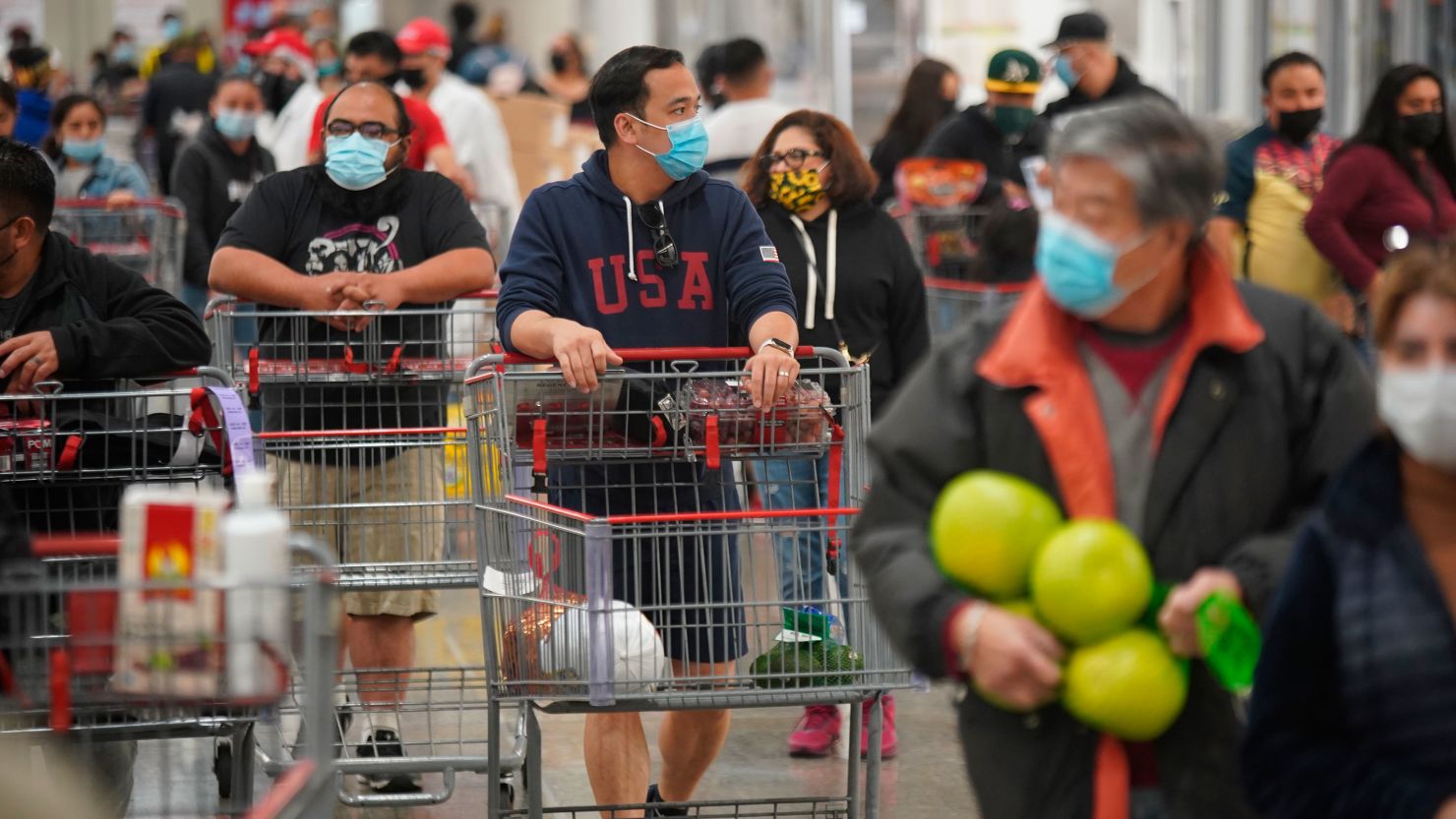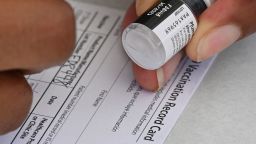Mask mandates may be lifting in many parts of the United States, but don’t ditch your face coverings just yet.
Last week, the US Centers for Disease Control and Prevention unveiled new mask guidelines that varied depending on your Covid-19 community level. If you live in a low- or medium-risk area, masks are not always needed, but if you live in a high-risk area, masks are recommended in most situations.
The levels change depending on a variety of factors such as the number of new Covid cases and hospital admissions, so check your county’s status periodically to stay up to date.
CNN Medical Analyst Dr. Leana Wen recommended people look up all the counties they frequent.
“Just like with a weather forecast, I’d recommend that people check these numbers regularly, because they could change,” Wen said.
Regardless of your area’s status, some people may still want to wear face coverings, said Dr. John O’Horo, infectious disease specialist at the Mayo Clinic in Rochester, Minnesota.
Some immunocompromised individuals and unvaccinated people may feel more comfortable wearing a mask, he said.
“There are those who have unvaccinated at home. I myself have two children under the age of 5,” O’Horo said.
Others may want to wear a mask when going indoors to places like grocery stores, said Christopher Sulmonte, project administrator for the Johns Hopkins Biocontainment Unit at Johns Hopkins University in Baltimore.
“A mask is essentially another tool for you to have in your toolbox from an infection control standpoint,” he said.
Mask guidelines can vary over time, Sulmonte noted, so it’s a good idea to keep some masks on hand should your situation change.
Storing your masks
However you decide to store your masks, they need to be in a dry area, Sulmonte said.
“I personally use a paper bag without sealing it, because the big thing is you want it to recirculate with air,” he said.
Another way to store your face coverings is to use a plastic container with holes in it, O’Horo said.
For cloth masks, make sure to wash them like you would any other piece of clothing you own, he added.
Get CNN Health's weekly newsletter
Sign up here to get The Results Are In with Dr. Sanjay Gupta every Tuesday from the CNN Health team.
If you’re taking a hiatus from mask-wearing, be sure to check the expiration date of your disposable masks before wearing one, Sulmonte advised. The dates can often be found on the outside of the boxes, he said.
“It doesn’t mean that it’s broken afterwards. It just means the integrity of the mask isn’t as strong as it was beforehand,” Sulmonte said.
The same goes for cloth masks. If you see some wear and tear on the fabric, it may be time to retire that mask, he said.
If you notice some of your disposable masks have a quickly approaching expiration date, Sulmonte recommended people prioritize wearing the ones with a closer date to avoid having to throw them away.





